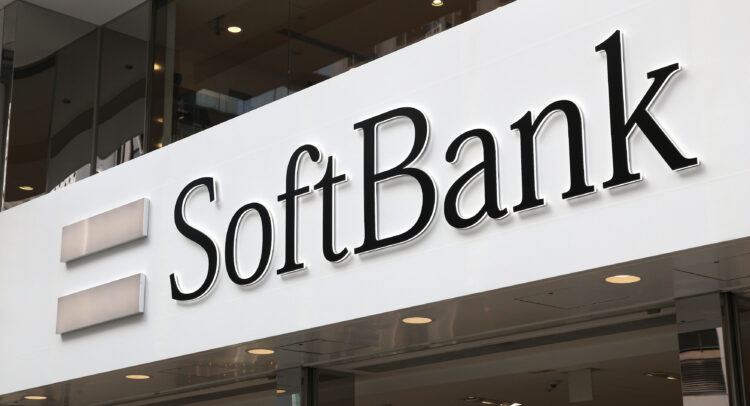Thinking about investing in agentic AI tools? Gartner says enterprises should tread carefully, as 40% of projects will be cancelled within just two years.
A recent study from the consultancy found rising costs, lack of return on investment (ROI), and poor risk controls will bite, noting that most current use cases for agentic AI are immature.
Moreover, most aren't even really agents, but instead are just "repackaged" chatbots.
"Most agentic AI projects right now are early stage experiments or proof of concepts that are mostly driven by hype and are often misapplied," said Anushree Verma, Senior Director Analyst at Gartner.
"This can blind organizations to the real cost and complexity of deploying AI agents at scale, stalling projects from moving into production.”
Verma added that enterprises “need to cut through the hype” and make strategic decisions about where the technology can be successfully applied.
A Gartner poll from earlier this year showed 19% of organizations had made significant investments in agentic AI. A further 42% had made "conservative" investments, the consultancy found, while 8% had made none.
Notably, nearly one-third (31%) of respondents said they were holding back and waiting to see how the technology developed.
"Most agentic AI propositions lack significant value or return on investment (ROI), as current models don’t have the maturity and agency to autonomously achieve complex business goals or follow nuanced instructions over time,” Verma added.
"Many use cases positioned as agentic today don’t require agentic implementations.”
A key finding from the Gartner study centered around the definition of “agentic AI” and what actually constitutes an AI agent.
As the consultancy noted, many vendors are using the term as a marketing ploy, when in reality these tools are pre-existing AI assistants, RPA tools, and chatbots.
This, the study found, is to take advantage of sales driven by AI hype. Gartner dubbed this "agent washing" and said just 130 real agentic AI products exist despite claims from thousands of vendors to offer such tools.
This is by no means a new trend in the technology industry. Indeed, since the beginning of the generative AI 'boom' nearly three years ago, industry stakeholders have hit out at a range vendors for 'AI washing'.
Simply put, the hype surrounding the technology during the early stages of the trend saw providers essentially repackage existing software solutions as 'AI-powered'.
There’s still value to be found
While the report paints a bleak picture for the future of many agentic AI projects, Gartner does predict authentic tools will begin to deliver value for enterprises.
The consultancy predicts that 15% of day-to-day work decisions will be made autonomously by AI agents by 2028, with a third of enterprise software applications making use of the technology by the same year.
Crucially, Gartner urged companies to only turn to agentic AI when there's a clear value proposition or return on investment, given the technology remains in early stages.
Beyond technical immaturity, the analyst firm raised other challenges, noting that integrating AI agents into existing legacy systems comes with technical complexity and costly disruptions to workflows.
Instead, it advised building AI-agent-focused workflows from the ground up, entirely rethinking processes to make use of such agents.
"To get real value from agentic AI, organizations must focus on enterprise productivity, rather than just individual task augmentation," said Verma.
"They can start by using AI agents when decisions are needed, automation for routine workflows and assistants for simple retrieval. It’s about driving business value through cost, quality, speed and scale."









 English (US) ·
English (US) ·